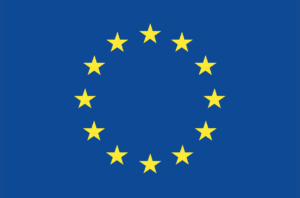Download: Proceedings of the European Distance and E-Learning Network Conference , Genoa, Italy, June 2018
The demand for people with new, enhanced skills is growing. The volume of information produced and shared in all fields is overwhelming. Building the data economy became part of the EU Digital Single Market. Powerful and sophisticated ICT is part of everyday life, and the world of learning is not an exception. Pressure is on all players of the online education community to keep up with new learning solutions, and better supply the skills currently demanded by growing economies.
Open Education continues its success, providing radical advances in knowledge acquisition, sharing, distribution, and improving business models. Digital credentials and open badges are the new currencies which are beginning to transform the economic models in education.
Social and economic tensions continue to raise the issues of scalability, the micro-credentialling of education, training and skill development processes. Practitioners and stakeholders are eagerly seeking right approaches to providing learning opportunities, and many scholars are researching holistic answers.
Micro, meso and macro aspects provide an interesting range of lenses for considering the problem. These aspects may be applied in a general sense, distinguishing between the learning of individuals, learning at the institutional or group levels through a meso lens, and the learning of organizations or societies directed through policies through the macro lens.
Navigating these dimensions are the reshaping of digital pedagogy and online instructional design; the social elements including digital societal mechanisms and the position of the individual in our new era. We have need of systematic awareness and research in the critical era of sustainable socio-cultural aspects as they relate to learning.
Eoropean Union initiatives emphasize solutions to emerging needs and seek to improve competitiveness and professional development; enhance cross-sectional skills; and fuel the engines of social innovation – creativity, entrepreneurship, critical thinking and problem solving.
The EDEN 2018 Genova Conference aims to respond to contemporary needs by:
- tracking and demonstrating evidence about the mechanisms and value chains across micro-, meso- and macro-learning
- exploiting the socio-cultural specifics related to the granularity of learning
- digging deeper into finding viable, achievable and scalable solutions
- learning more about didactical design through peer learning and scholarly observation
- discussing structural and operational questions of collaborative – social technologies
Andras Szucs, Secretary General
Airina Volungeviciene, EDEN President








